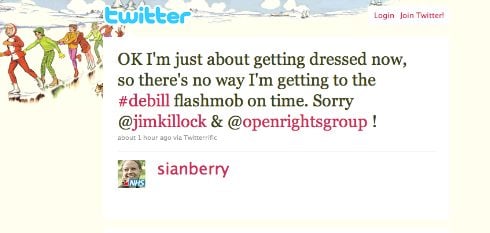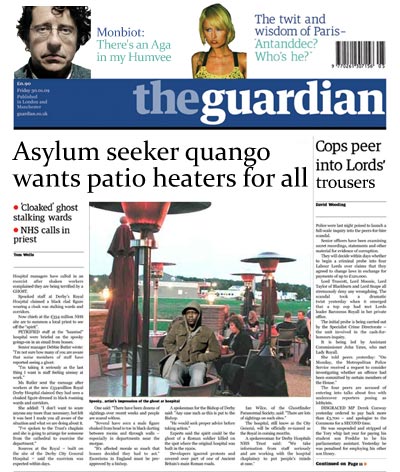 Obama has created an exquisite problem by hiring so many senior executives from Google – some of the Oompa Loompas don’t seem to realise they no longer work for the company. Now a Congressman has called for an enquiry.
Obama has created an exquisite problem by hiring so many senior executives from Google – some of the Oompa Loompas don’t seem to realise they no longer work for the company. Now a Congressman has called for an enquiry.
The issue was made apparent when a trail of correspondence by administration official Andrew McLaughlin was exposed recently. McLaughlin is Obama’s deputy CTO – a freshly minted post, with CTO meaning either Citizens Twitter Overlord, or Chief Technology Officer – we believe it’s the latter. He was previously Google’s chief lobbyist, or ‘Head of Global Public Policy and Government Affairs’.
McLaughlin’s contacts were also exposed. In an irony to savour, the exposure was by Google itself, as it introduced its privacy-busting Buzz feature in February. As our Cade pointed out, it would be hard to imagine a better Google story.





